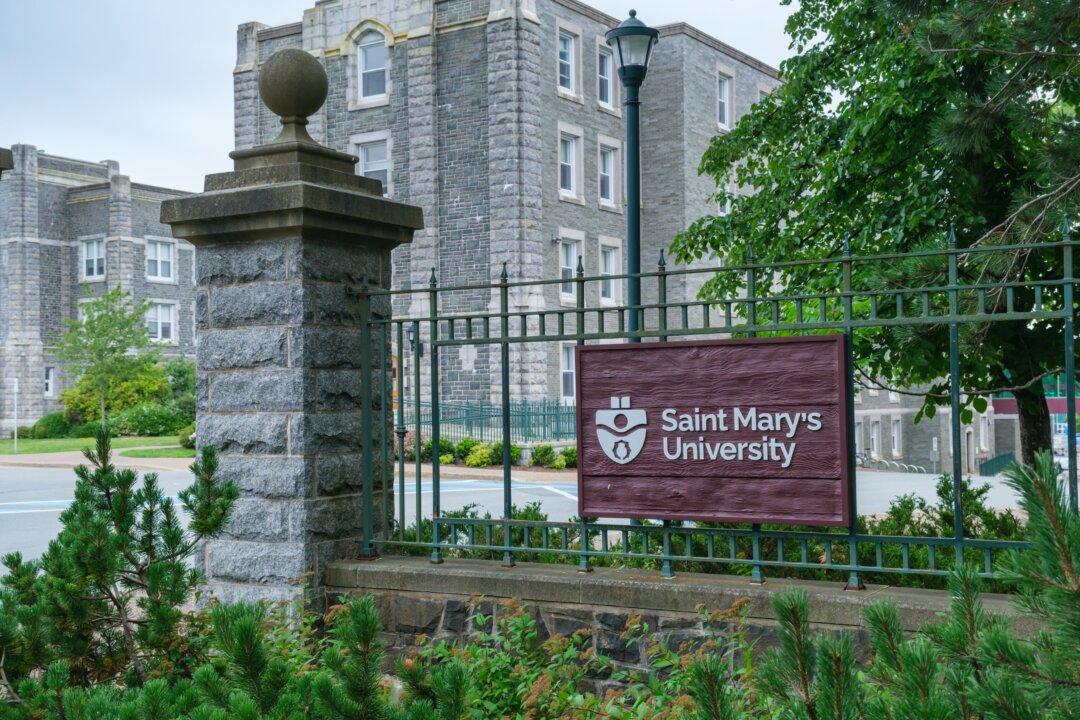Commentary
Anonymous complaint lines place authorities in between people who live or work together, and this makes honest and collegial relations dangerous and difficult. Such mechanisms create institutional cultures in which people are guarded, insincere, and fearful. They also encourage people to feign vulnerability and neediness.


